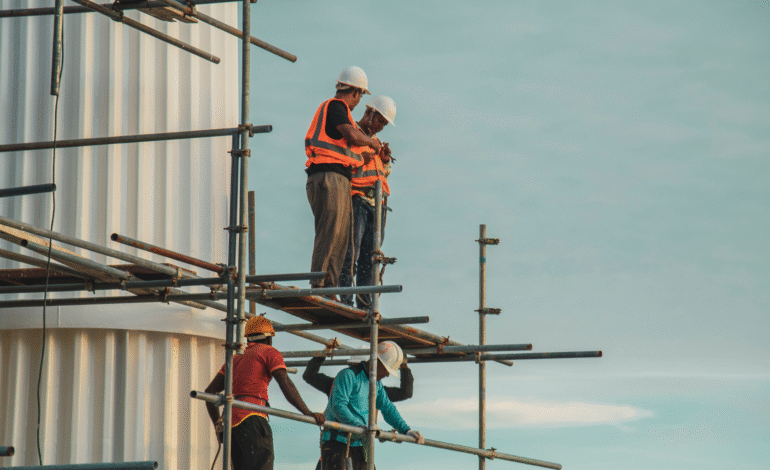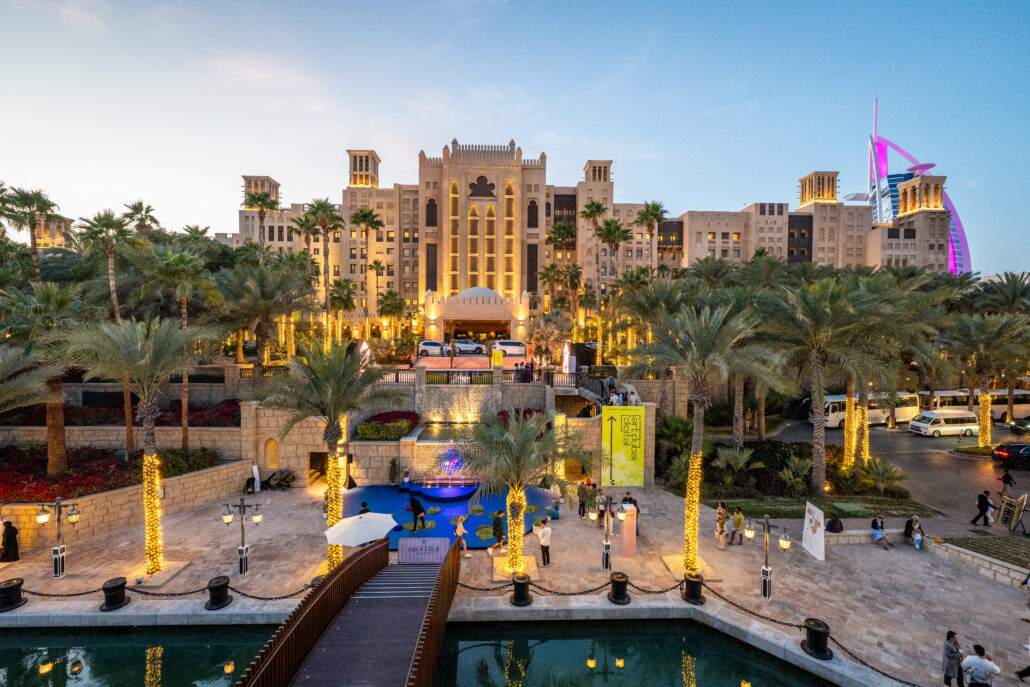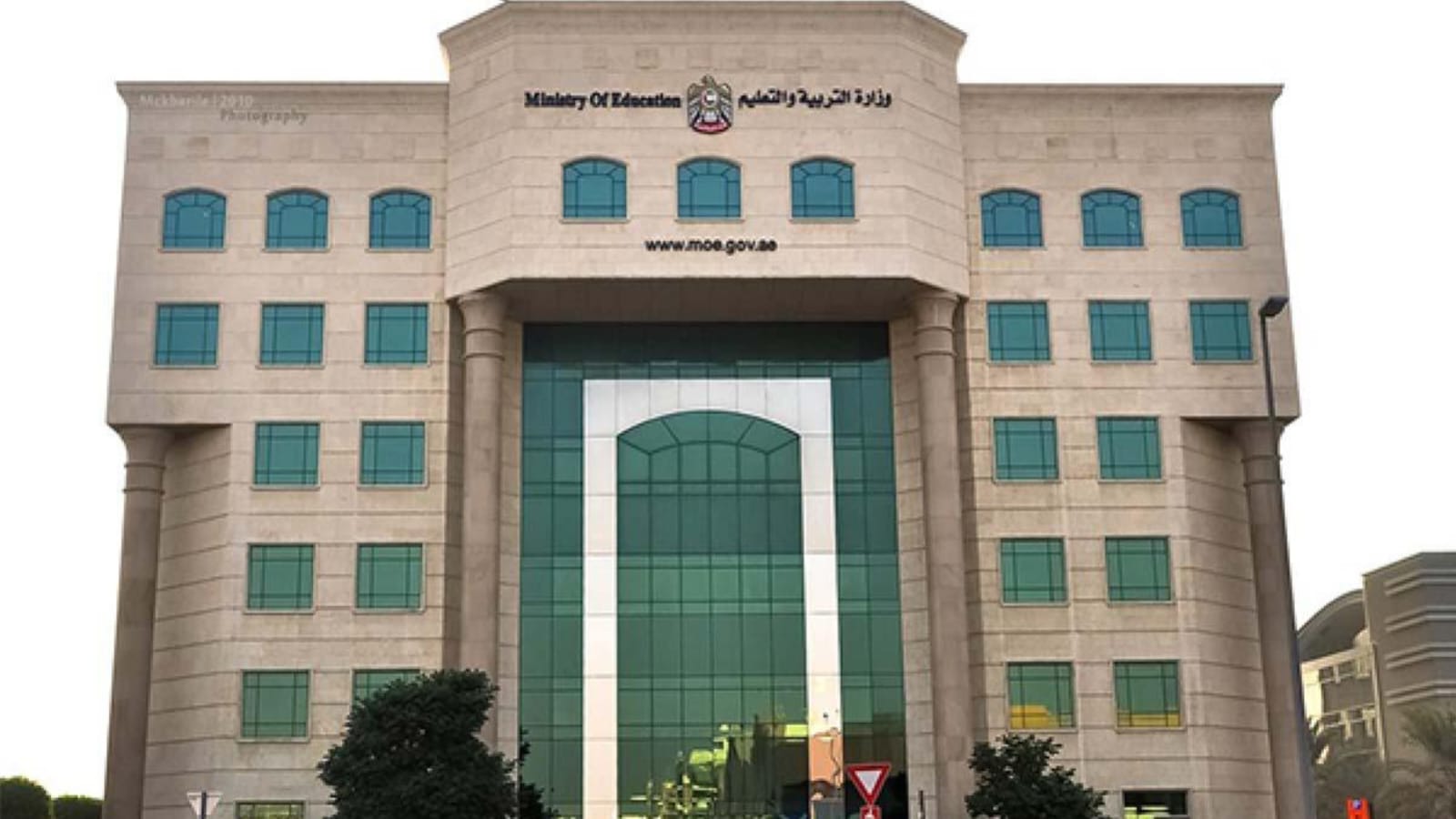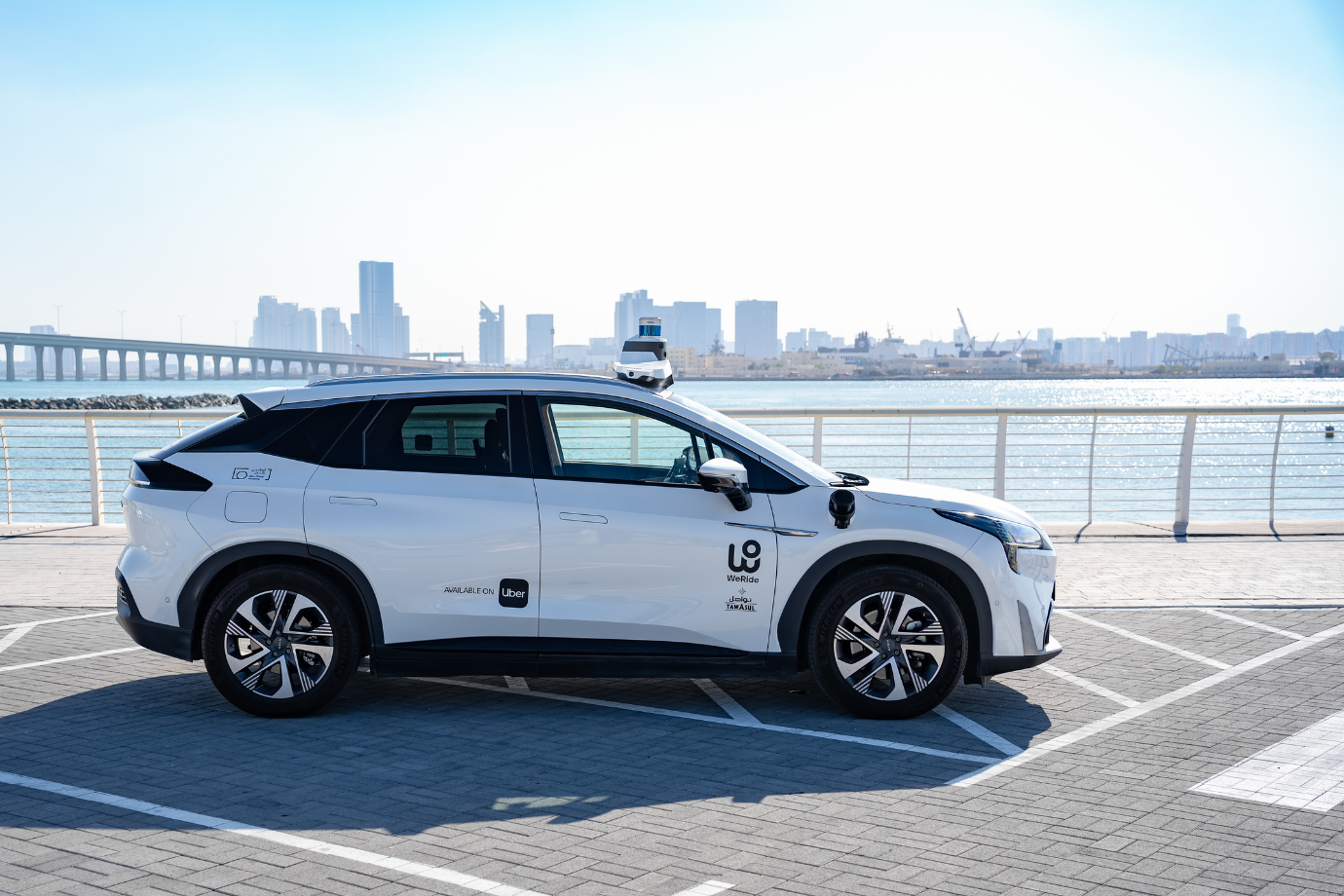Bahrain Begins Enforcing Midday Outdoor Work Ban to Protect Workers

Bahrain’s Ministry of Labour has officially begun implementing the Ministerial Edict that prohibits outdoor work during midday hours. This significant move demonstrates the Kingdom’s continued efforts to safeguard the health and well-being of outdoor workers who face intense summer heat. The enforcement highlights Bahrain’s strong commitment to upholding occupational safety, reducing health risks, and aligning national labor practices with global safety standards to protect workers in vulnerable environments.
Strengthening Bahrain’s Commitment to Worker Health and Safety
The implementation of the midday work ban showcases Bahrain’s proactive approach to ensuring worker safety during peak summer months. The Gulf region frequently experiences dangerously high temperatures, putting outdoor workers in industries like construction, agriculture, roadwork, and energy at serious risk. The Ministry of Labour’s decision to prohibit work from 12:00 PM to 4:00 PM directly addresses the period of highest heat exposure, significantly reducing the risk of heat stress and other related illnesses.
By safeguarding workers from hazardous heat conditions, Bahrain reinforces its position as a nation that prioritizes both worker welfare and occupational safety standards. This policy is an essential step toward preventing health emergencies among outdoor workers who perform labor-intensive tasks under extreme weather conditions.
Development and Background of the Ministerial Edict
The midday work ban stems from Bahrain’s broader strategy to modernize labor laws while protecting its workforce. The regulation was carefully crafted following extensive consultations with healthcare experts, industry representatives, labor unions, and global organizations such as the International Labour Organization (ILO). These discussions ensured that the policy balances business needs with worker health, while addressing the unique climatic challenges faced in Bahrain.
The policy was designed with careful consideration of both employee safety and employer operations, aiming to minimize disruptions to business productivity while safeguarding labor rights.
Industries and Sectors Affected by the Midday Ban
The Ministerial Edict applies to all sectors where employees are exposed to direct sunlight and extreme heat while working outdoors. This includes industries such as construction, landscaping, agriculture, roadworks, oil and gas, utilities, and logistics. Employers operating in these fields must now modify work schedules to ensure that tasks requiring outdoor activity are completed during cooler morning or late afternoon hours.
While the edict targets outdoor labor, indoor work conducted within air-conditioned or properly ventilated facilities is generally exempt. However, businesses are encouraged to monitor indoor work environments to ensure that all employees remain safe and comfortable during periods of elevated temperatures.
Compliance Enforcement and Monitoring System
To ensure full compliance, Bahrain’s Ministry of Labour has instituted a rigorous enforcement system supported by labor inspectors who conduct site visits throughout the prohibited hours. These inspections include both scheduled and surprise visits to outdoor work sites, allowing authorities to ensure that businesses are following the law.
Companies that violate the midday work ban face a range of penalties, including monetary fines, suspension of business licenses, and public disclosure of violations. The Ministry also provides multiple reporting channels—including hotlines and online portals—allowing workers and the public to report non-compliance anonymously, further promoting accountability and transparency.
Public Awareness Campaigns Promoting Worker Safety
In parallel with enforcing the ban, Bahrain’s Ministry of Labour has launched extensive public awareness campaigns aimed at educating both employers and workers about the dangers of heat exposure. These initiatives focus on highlighting the symptoms of heat stress, the importance of hydration, and appropriate safety measures for working in hot conditions.
The campaigns include multilingual materials distributed across media channels, printed brochures, and collaboration with labor unions and community organizations. Special attention is given to Bahrain’s sizable expatriate workforce, ensuring that language barriers do not prevent workers from understanding their rights and safety procedures.
Health Risks of Prolonged Exposure to Extreme Heat
The decision to enforce the midday work ban is strongly supported by scientific evidence that demonstrates the serious health risks of extended exposure to extreme heat. Outdoor laborers who engage in physical activity under high temperatures are prone to dehydration, heat exhaustion, heat cramps, and heatstroke.
Heatstroke, the most severe form of heat illness, can result in organ failure, brain damage, or death if not treated promptly. Prolonged exposure to heat can also lead to chronic kidney disease, cardiovascular strain, and musculoskeletal complications. By restricting outdoor work during peak heat hours, Bahrain’s policy helps to mitigate these serious health threats.
Economic and Social Advantages of Worker Protection Measures
The midday outdoor work ban not only ensures the well-being of workers but also delivers substantial economic and social benefits. Healthy, well-protected workers contribute to higher productivity, reduced absenteeism, and lower healthcare and insurance costs. Businesses benefit from stable operations, lower turnover rates, and improved employee morale.
From a social perspective, Bahrain’s leadership in worker safety helps strengthen its international reputation as a progressive and socially responsible nation. The policy sends a strong message about Bahrain’s commitment to protecting human rights, ensuring ethical labor practices, and maintaining high occupational health standards.
Alignment with International Labour Standards
Bahrain’s midday work ban aligns with international guidelines established by organizations such as the ILO and World Health Organization (WHO), which emphasize the importance of occupational health in extreme climate conditions. The ban reflects Bahrain’s commitment to adopting global best practices for protecting its workforce in response to rising global temperatures fueled by climate change.
By adopting these forward-looking measures, Bahrain joins its Gulf Cooperation Council (GCC) counterparts in setting a regional example for prioritizing labor welfare while addressing the realities of the region’s challenging climate.
Employer Responsibilities for Successful Implementation
The successful enforcement of the midday work ban depends heavily on employers’ active cooperation and commitment. Many businesses have already made significant efforts to adapt, including modifying work schedules, creating shaded rest areas, providing hydration stations, and distributing personal protective equipment designed for heat protection.
Some companies have implemented advanced solutions, such as cooling vests, air-conditioned portable shelters, and specialized uniforms that reflect sunlight, further enhancing worker safety. In addition, employers are encouraged to develop comprehensive heat stress management programs, train supervisors to identify early warning signs of heat-related illnesses, and establish rapid response protocols for medical emergencies.
Utilizing Technology to Support Worker Safety Compliance
As part of Bahrain’s modern approach, technology is playing an increasing role in supporting the implementation of the midday work ban. Wearable health-monitoring devices can track body temperature, hydration levels, and heart rates in real-time, allowing early intervention when workers show signs of heat stress.
Mobile applications are being used to assist employers with scheduling, providing weather alerts, managing shifts, and facilitating real-time reporting of violations. The integration of such technologies strengthens the enforcement system and ensures that workers remain safe even as environmental conditions fluctuate.
Continuous Monitoring and Policy Evolution
Bahrain’s Ministry of Labour is committed to continually evaluating the effectiveness of the midday work ban through annual reviews, stakeholder consultations, and data analysis. Feedback from healthcare professionals, industry experts, businesses, and workers will be used to refine and enhance the regulation as needed, ensuring it remains responsive to evolving environmental and occupational challenges.
This ongoing review process demonstrates Bahrain’s adaptive approach to labor protection and reflects its long-term dedication to creating a safe, healthy, and productive workforce environment for all.







